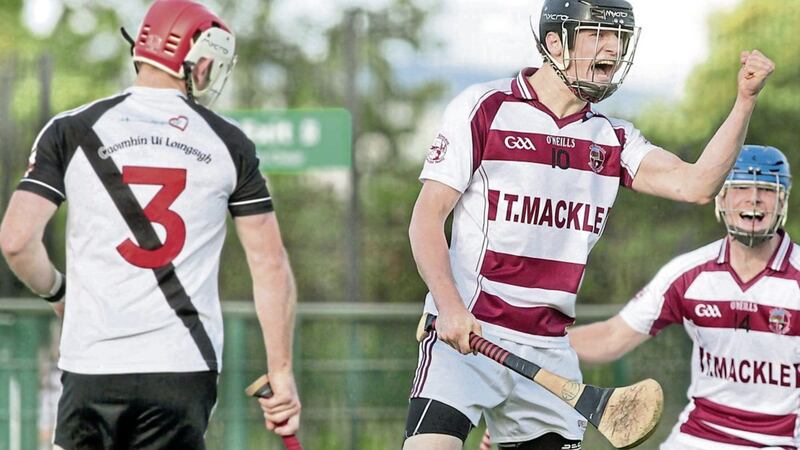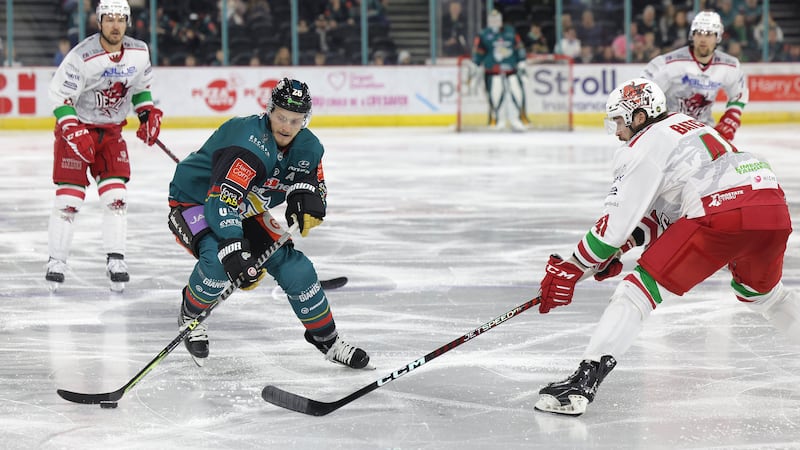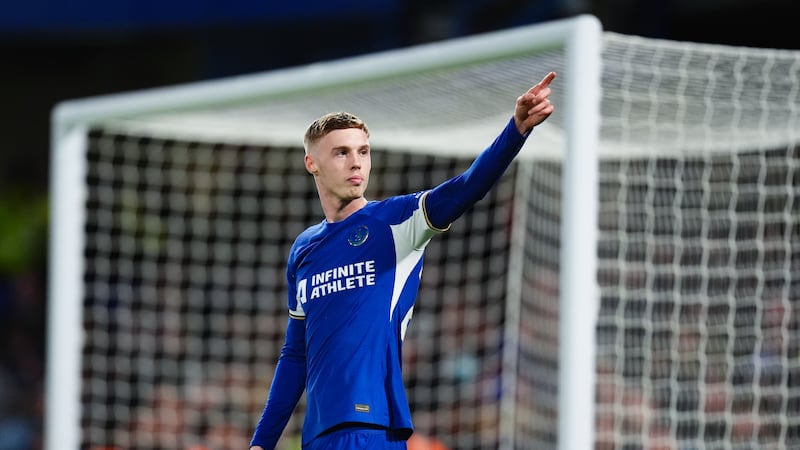SLAUGHTNEIL dual star Brendan Rogers has to switch roles as well as codes this week but he and his colleagues are fully focussed on achieving their double vision again.
The Emmet’s football full-back becomes their hurlers’ full-forward when they take on Down champions Ballygalget in the Ulster Club SHC decider this Sunday.
Yet even after a testing tussle with that county’s football representatives, Kilcoo, in the provincial football preliminary round, Rogers was keenly looking forward to their latest test as Slaughtneil aim to retain both Ulster senior crowns – with their camogs trying to do likewise.
“The joy of the hurling is that you can just turn your attention to it and you don’t get to dwell on the football,” said Rogers.
“Sunday night and Monday are about recovery and preparations, that’s how you keep yourself going. You don’t get bogged down in what happened the week before or the weekend before.
“It’s very exciting, you’re in an Ulster final, there is a buzz and you get to look forward to it. You know you’ve a final to play and where else would you want to be?”
Rogers praised the men in charge of both senior sides, who clearly work well in tandem to achieve unprecedented success:
“The management are very good at what they do. They don’t bombard us the first night we’re back, they try to make sure things are fresh.
“If boys need to know about personnel they take them aside and let others get on with training and the habits of playing hurling.
“The managements are very good, between football and hurling, the players never have to worry.”
Assistant football manager John Joe Kearney revealed some of the (sensible) secrets of that success:
“They are a very fit bunch of lads. Mickey [Moran, football boss] is a good coach and knows not to push them too hard that he would leave them whereby they would be in a situation where maybe they are going to pull hamstrings or get calf injuries, or things that you might associated with over-training.
“The bulk of the training for hurlers and footballers is done on the football nights, the physical work, so when the hurlers go to the hurling they are more or less only doing the stick work. They are not doing any running or that type of thing, that’s how we plan it.”
Asked if they might ‘hit the wall’, he replied: “Well, it could happen but so far, like the last four years, it hasn’t happened.”
Kearney did suggest that the schedule might be too demanding, commenting: “Well, I suppose at senior level the county has to try and get games played because it has to fit in with what’s happening in Ulster, but they definitely push things on and it affects us more, I suppose, in that we are a dual club and we are successful in both codes and we are always at it.”
Rogers suggested there should be changes to club fixture scheduling, which would give Slaughtneil some more rest time:
“I know there can be county lulls which maybe should be adapted to throughout the year. Derry was out of the [football] Championship relatively early [July 1] but we still had to wait until the All-Ireland was fairly well played [into mid-August] before we could begin our championship, which is strange.
“Why can’t the county championships be brought forward, at least a week or two, to give teams that do get out of Derry a chance to get a week’s preparation going into an Ulster campaign.”
However, he acknowledged that the Emmet’s actually seemed to thrive on having match after match:
“But to be playing top games like this, week in, week out, you can peak at the right time for both, you don’t have to worry about peaking for one and trying to peak for the other come competition time.
“Maybe having them together does bring benefits to us – but surely they could look at the lull that happens during the summer when pitches are firmer and people have already put in five or six months of solid training.
“That’s just the nature of the GAA, everything seems to be a bit ad hoc – but that’s what makes it special.”








